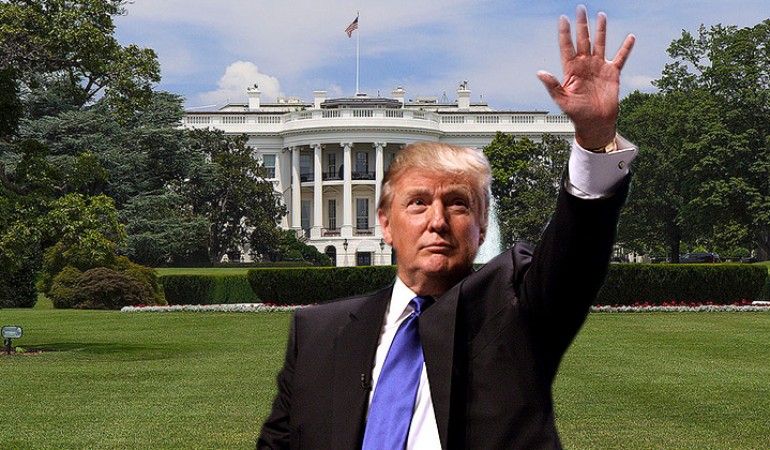It’s worth it to consider the ramifications after the Asia-Pacific Economic Cooperation’ (APEC) summit, which was held on November 19-20 in Lima, Peru, with the leaders of 21 countries belonging to that geographical area, including, obviously, the United States (Obama’s last overseas trip before leaving the White House in January), China, Japan, and Mexico. The topic was their economic cooperation, which represents almost 60% of the global GDP! For that reason the forum was under international scrutiny– except for Italians’, obviously, who were evidently too busy fighting over who would win the referendum in our backyards– in regards to new geopolitical equilibria; therefore, inevitably, also economic equilibria, deriving from new lines in the sand dictated by the incumbent, Donald Trump, or at least his proclamations during the presidential campaign. There are two aspects that we cannot underestimate.
The first is personal character. In fact, according to many authoritative sources, “The Donald” wanted to become president of the United States more for personal satisfaction of occupying the most powerful seat in the Western world than the idea of actually governing his country. And now after the honor of the unexpected triumph, he’s responsible for the burden of daily decision-making for the collective good. We’re all curious to see how he will react and what will happen. The second aspect is of global importance: it is tied to his proclamations and the promises he made during the election to initiate more “selfish” policies when it comes to both trade and the US’ role as the global “sheriff.” And, in this sense, we should be scared to death– I certainly am. Without the United States to fight for their own good– which fortunately also reflects the good of the Western hemisphere– we’re risking a bad ending.
Therefore, the signals coming from APEC’s Peruvian forum cannot be anything but great fear because everyone is cognizant that with Trump, the US could actually stop being the goose that lays the golden egg. On the other hand– and it couldn’t have been otherwise– in the total of his declarations lies the desire to strengthen the economic ties of free trade even with him.
Obama confirmed this desire, who, in addition to meetings at APEC, has also intervened with the Australian Prime Minister, Malcolm Turnbull, and the Canadian Prime Minister, Justin Trudeau, reassuring them about the solidity of their alliances in the future, even under Trump’s administration. He also reassured just about everyone, saying that we shouldn’t expect significant changes to US policy, even if Trump modifies certain decisive agreements.
So, between fears behind the scenes and well wishes up front, world leaders in Lima also began to think about alternatives to eventual isolationists moves, which Trump confirmed the day after the summit by the US’ exit from the Trans Pacific Partnership (the agreement Obama worked toward in order to contain China’s economic expansion) in favor of agreements with individual countries (Trump considers them more effective). Alternatives go in the direction of a TTP without the US, and a greater involvement on behalf of China and Russia. Also because, inevitably, if the US decides to pull back, China is ready to fill its void in a hurry.
In conclusion, the watershed is in danger of being truly epochal and we probably haven’t even fully appraised the anti-American public opinion in Europe that, for various reasons, opposes the US regardless: from the excesses toward Putin and support of Israel, the position in Iraq and Afghanistan, and commercial containment of China. Let’s remember, however, that ever since D-Day in WWII, we’ve taken for granted the US’ protection of freedom around the world and its resulting wellbeing, as if the death of American kids in some conflict were a normal fact of life– between a “who cares” and a “they asked for it”– while the death of Italian kids, for example, shouldn’t occur under any circumstance to defend the same principles of liberty.
And so, personally, I have always been ashamed of this typically Italian attitude between cowardice and selfishness that distinguishes us as much as our reputation as poets, saints, and navigators. Why do we reason like this? Because, like in a litigious condo complex, until now we’ve excercised the luxury of delegating the task of dirtying our hands to the US. And what now if we really have to fight?




















Lascia un commento